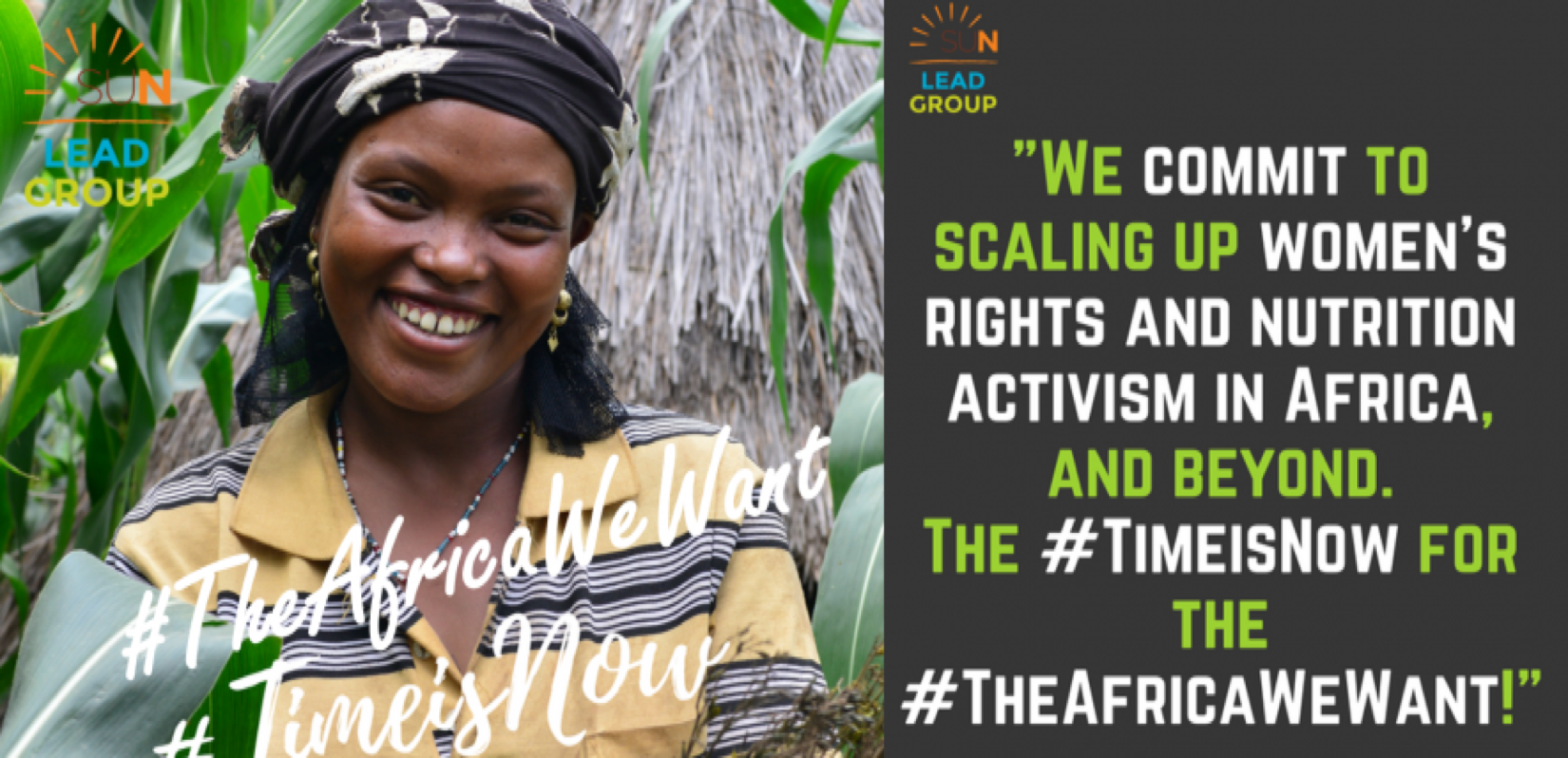AUDA-NEPAD and Frederick S. Pardee Center for International Futures (University of Denver) jointly publish a study on the conditions for successful implementation of the African Continental Free Trade Agreement. Here are the main findings.
Since the creation of the Continental African Free Trade Area (AfCFTA) endorsed at the African Union Summit in Niamey on July 7, 2019, we have been pushing forward the idea that a common market for and by Africans is possible and create a single market for goods and services to facilitate the free movement of people and investments and lay the foundations for a continental customs union. We continue to promote this economic integration among Heads of State and Government, emphasizing the sharing of economic benefits over historical rivalries and relative gains.
This study is part of this process. It provides an overview of all the local and international challenges likely to increase or hinder the implementation of the agreement. It thus enlightens African decision-makers by providing them with objective figures to guide them in their decision-making. For the prerequisite for the implementation of the AfCFTA remains the political will to advance intracontinental trade relations. This will require stakeholders to coordinate and harmonize trade policies at the national, regional, continental and global levels.
Rethinking government revenue sources
The AfCFTA calls for the elimination of 90 per cent of tariffs on intra-African trade, which for some countries dependent on these taxes could represent a drop-in government revenue and thus an obstacle to the success of the agreement. However, according to data from the study, intra-African tariffs are low relative to tariffs between Africa and the rest of the world. About 1.5 per cent of Africa’s GDP or $37 billion comes from tariffs on imports from the rest of the world. In comparison, tariff revenue from intra-African trade represents only 0.1 per cent of African GDP in 2015 or $3.5 billion. Thus, the implementation of the AfCFTA will have a limited negative effect on government revenue at the continental level.
“Conditions for the success of AfCFTA also include reducing non-tariff barriers to trade, such as poor governance, lack of infrastructure and border crossings, and the prevalence of informal trade”
Capacity building and support for the most fragile states
In addition to customs duties, the entire taxation system will have to be harmonised, particularly VAT. Many countries are unable to manage these new standards. Rigorous training of customs union officials and capacity building in each Member State are essential. For the least developed States, more direct assistance in the form of training sessions, economic assistance and guided institutional development will need to be provided by AfCFTA and partner organizations (Assembly of the African Union, twelfth special session, 2019). The study emphasizes that the success of VAT control will depend on reducing the levels of corruption associated with revenue taxes among government elites.
Tackling non-tariff barriers
Conditions for the success of AfCFTA also include reducing non-tariff barriers to trade, such as poor governance, lack of infrastructure and border crossings, and the prevalence of informal trade; diversifying exports for intra-African trade, including by increasing local manufacturing production; and strengthening the monitoring of cross-border flows of goods and services.
Reducing costs as part of the AfCFTA
To ease tensions within the AfCFTA, the study calls for the creation of a dispute settlement mechanism to resolve issues between member states. It also suggests exploring an African Union Development Fund that could support countries experiencing social upheaval due to increased trade openness by investing in human capital, infrastructure and improved governance.
Thus, the removal of all these barriers to trade, good governance and the development of infrastructure, including information and communication technologies, are essential conditions for the success of the AfCFTA. With this in mind, AUDA-NEPAD will ensure that all resources are mobilized so that the signatory states can make this immense project a real opportunity for growth for all Africans.
The report can be accessed here











